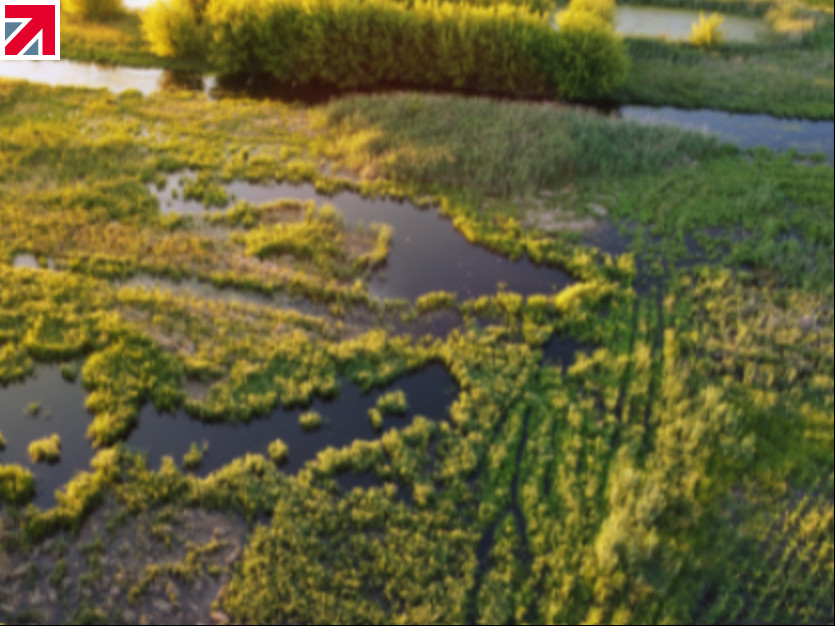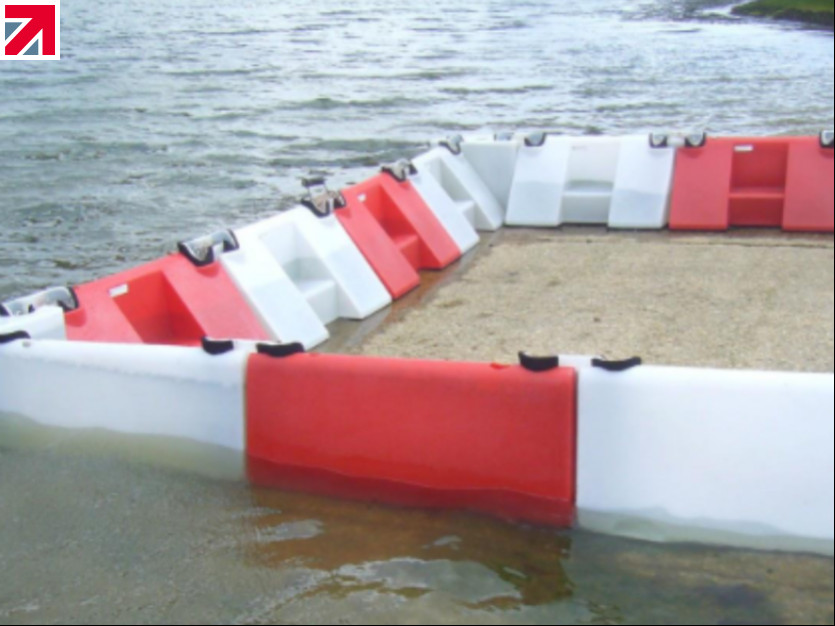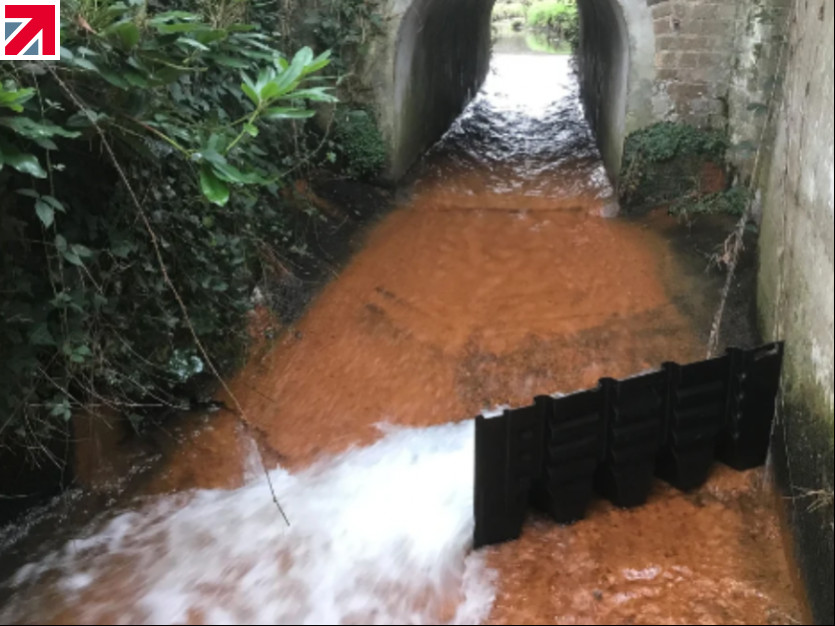Flooding poses a significant threat to outdoor areas, and campsites are no exception. Often found in areas with high flood risks, campsites are subject to flooding that can disrupt operations, damage property and endanger those on site. With climate change pushing the temperature upwards and encouraging more extreme weather, recreational areas like campsites are increasingly vulnerable to a range of floods. So, how can these sites adopt effective flood defence solutions to safeguard these spaces and ensure the public can continue to enjoy areas of natural beauty?
Types of floods impacting campsites
* River Flooding: Often situated in the countryside, camping sites can be inundated by overflowing rivers - particularly those located in floodplains.
* Surface Water Flooding: Heavy rainfall can overwhelm drainage systems, leading to localised flooding that can disrupt camping areas and facilities.
* Groundwater Flooding: Prolonged periods of rainfall can raise groundwater levels, resulting in flooding from below the surface.
* Coastal Flooding: Campsites near the coast face risks from storm surges and rising sea levels, which can cause significant damage during extreme weather events.
* To mitigate these risks, campsites and caravan sites can adopt a range of flood defence measures, combining structural, natural, and community-based solutions.
Natural flood defence barriers
* Create a natural buffer against flooding: Planting trees and shrubs, and creating wetlands around campsites can help to absorb excess water and act as a natural barrier. These green spaces can not only provide flood protection but also enhance the biodiversity and aesthetic appeal of the area.
* Increase permeable surfaces: Replacing traditional concrete or asphalt surfaces with permeable materials such as gravel allows water to infiltrate the ground, reducing surface runoff and the risk of flooding.
Practical flood defence barriers
* Create floodplain zones: Accommodate flood risks by designating and managing flood-prone areas near water sources as floodplains that can tolerate occasional flooding without significant damage.
* Community Engagement: Educating site operators, staff, and visitors about flood risks and emergency procedures is crucial. Regular training sessions, clear signage, and accessible weather information can help ensure that everyone is prepared and knows what to do in the event of a flood.
* Place key infrastructure on higher ground: Build facilities on raised platforms and position caravans on higher ground to reduce the risk of floodwater entering vehicles and amenities like restrooms and communal areas. Applying this defence to safe storage of pollutants or chemicals on site also helps to avoid any potential contamination with floodwater.
Long-term flood defence solutions
Sustainable Drainage Systems (SuDS): Implementing SuDS can help manage surface water runoff more effectively. Techniques such as swales, retention ponds, and rain gardens mimic natural water absorption processes, slowing down water flow and reducing the risk of flooding.
Flood barriersand walls: Constructing physical barriers such as flood walls or embankments around vulnerable areas can protect them from floodwaters. These structures need to be carefully designed to blend with the natural landscape and not impede the natural flow of water.
Related read: Emtez Acquires Specialist Flood Management Solutions Provider Fluvial Innovations
At Emtez, we provide bespoke flood barrier solutions tailored to your specific flood needs to optimise quality and efficiency. For campsites and caravan parks, these flood barriers can be custom-made to blend into the surrounding environment to work with the natural flow of water and reduce visual pollution.
Made from recyclable materials, our flood barriers reduce waste and can be easily stored away to be reused again for maximum sustainability. Designed with a robust frame, our flood barriers can be used as a temporary, manoeuvrable solution for rapid flood response or fixed in place for maximum flood protection all year round - providing a reliable defence against even the most severe floods. What’s more, they are affordable and can save you money in the long run by effectively preventing water damage.
Discover how Emtez' FloodFence contains, controls and diverts flood waters to keep your site and people safe.
A holistic approach to campsite flood defence
As the frequency and intensity of flooding events increase, campsites and caravan parks must adopt proactive and sustainable flood defence measures. By combining structural innovations with natural solutions and community engagement, sites can better protect themselves and ensure a safer experience for visitors. Investing in long-term flood defences not only mitigates risks and damage from floods but also enhances the overall sustainability and appeal of campsites in the face of changing climate patterns.
The resilience of campsites and caravan sites to flooding depends on the willingness of operators to embrace a holistic approach to flood management. Working together, these beloved outdoor spaces can continue to provide safe and enjoyable experiences for future generations.
Download our Flood Barriers Solution Catalogue to explore the future of flood defence that protects people, premises and the surrounding environment.
Find out more about Emtez (formerly known as Empteezy) on their member profile page here
Member-created content 1 year ago | From members


